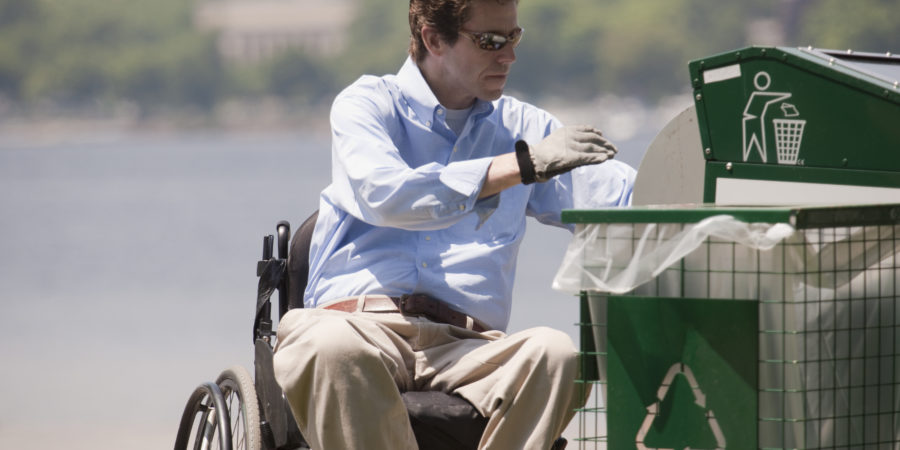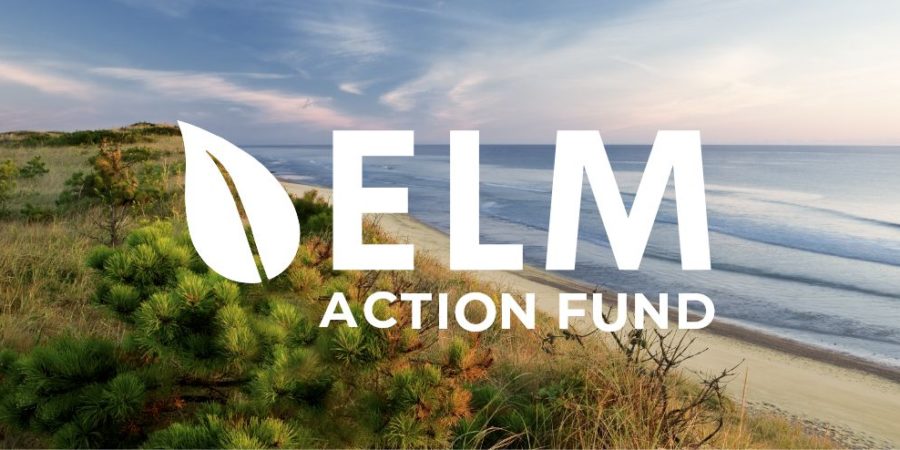Reducing Waste
The manufacturing of products and packaging, as well as their disposal is a major source of carbon emissions. The burden of waste management is overwhelming our municipalities, degrading our environment, and hurting our communities. With increasing barriers to effective recycling, cities and towns are sending more plastic to landfills or incinerators that release toxic chemicals into the air and are more likely to be located in environmental justice communities. We need to enact new policies that shift the responsibility of paying for packaging from municipalities to its producers, therefore incentivizing waste reduction, minimizing plastic pollution, relieving pressure on tight municipal budgets, reducing emissions, and improving air quality.
We at ELM advocate for:
- Creating a producer responsibility system for disposable product packaging that reduces waste and funds end-of-cycle management for cities and towns.
- Implementing a consistent statewide framework for plastic bag bans and recycled bag fees.
- Fully funding and implementing the recommendations of the 2030 Solid Waste Master Plan.
H.779/S.471/S.572, An Act to save recycling costs in the Commonwealth
Sponsors: Rep. Day, Sen. DiDomenico, Sen. Rush
This bill would create a producer responsibility framework for packaging waste to ensure that cities and towns have the resources and infrastructure in place to manage the costs of packaging disposal and invest in waste reduction efforts.

